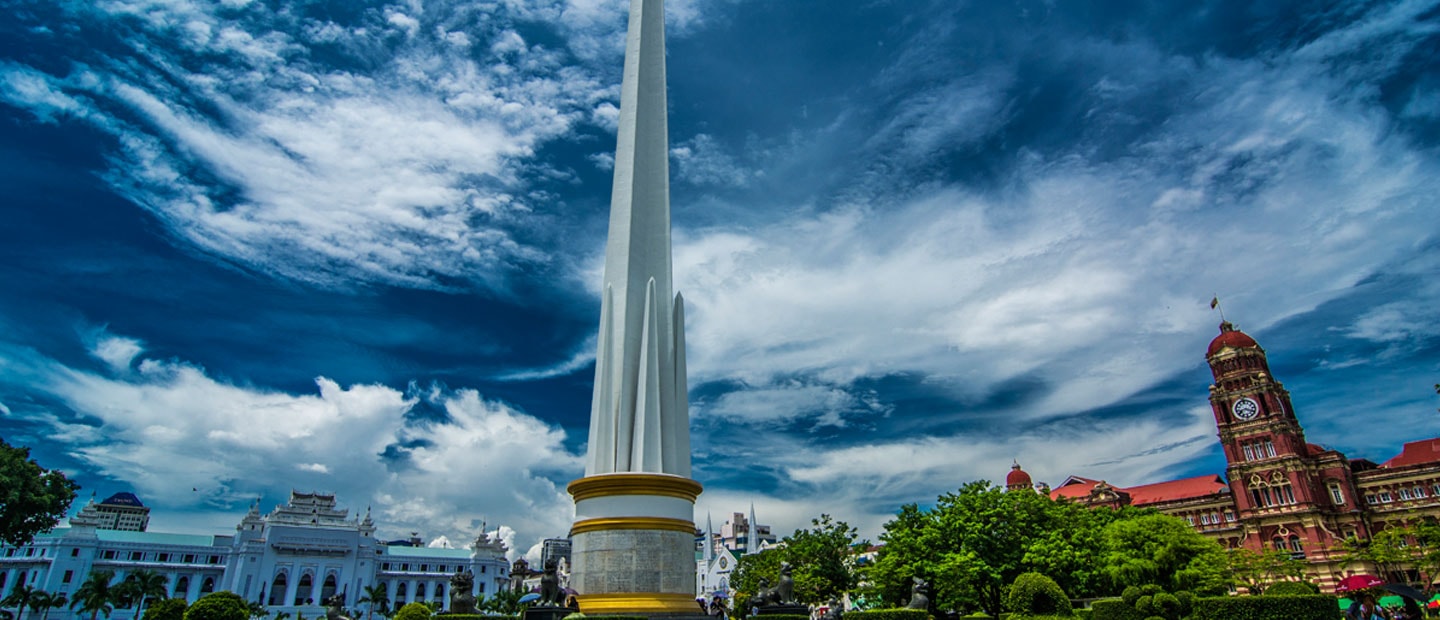TRAVEL INFORMATION
1) VISA INFORMATION
Myanmar requires a visa for all foreigners visiting the country. Tourist visa is valid for 28 days starting from the day you enter the country. A business visa allows a stay of 10 weeks, extendable up to 12 months on case-by-case basis. Infants and children also require a separate visa even traveling on parent’s passport. A valid passport with entry visa is required for all tourists and businessmen, applicable at any Myanmar Embassies and Consulate General Offices abroad. The international points of entry
and exit Myanmar are Yangon International Airport and Mandalay International Airport. Show you passport (with valid entry visa) and disembarkation card on arrival to the Immigration officer at the International Airport (Yangon or Mandalay).
More about visa information >> Click here!
2) PASSPORT
A valid passport with Entry visa is required for all tourists & businessmen, applicable at Myanmar Embassies and Consulate
General Offices abroad.
3) types of visa
1. On Arrival Visa
2. Tourist Visa
3. Social Visit Visa
4. Business Visa / Multiple Entry Visa
4) customs
Jewelries, electrical goods and cameras must be declared at the airport. Antiques and archaeologically valuable items are not
allowed to be taken out. Duty free allowance are 2 bottles of liquor, 2 cartons of cigarettes, 100 cigars, 1.5lbs of tobacco, one-pint bottle of perfume or eau de cologne.
5) HEALTH & INSURANCE
Health officials require certification of immunization against cholera, and against yellow fever if the traveler has travelled or stayed at affected areas within nine days before the arrival date. Proof of smallpox vaccination is no longer required. There are several hospitals and clinics in Yangon, some of which are under the Ministry of Health and some are privately owned. The Pun Hlaing International Hospital is the first international hospital in Myanmar. As such, it is only in the developing stage for insurance of travelling and travelers. The Insurance Coverage amount may not be able to realize the full expense. Tourists are strongly suggested to make insurance policies at one’s country or from international institutions. It is highly recommended to inform the tour operator in Myanmar the contact points regarding insurance matters in case of such urgency occurs; and the identification of the insurance company.
6) CURRENCY
Myanmar currency is known as Kyat (MMK). Foreigner are recommended to bring US Dollars into Myanmar because they are easily exchangeable into Myanmar Kyat at the Yangon International Airport or money changers. Euros may also be exchanged to Myanmar kyat at money changers. Please be warned that torn, dirty and stained notes might not be accepted.
7) ELECTRICITY
When you plan to bring some electronic devices, make sure that these work with our Domestic power A.C 220 – 250V 50Hz.
The Power Line is 440V.
8) MOBILE PHONE
Please be noted that some international SIM Cards may not be able to roam in Myanmar. SIM cards from Telenor/dtac, Ooredoo may work depending on region. Prepaid SIM cards are purchasable after immigration from the three telecom companies namely MPT, Ooredoo and Telenor. All prepaid SIM cards are internet-enabled.
For more information about Telecoms, please visit
MPT – www.mpt.com.mm
Ooredoo – www.ooredoo.com.mm
Telenor – www.telenor.com.mm
9) VACCINATION
Most traveler will need vaccinations for hepatitis A, typhoid fever, and polio, as well as medications for malaria prophylaxis and
travelers’ diarrhea. Other immunizations may be necessary depending upon the circumstances of the trip and the medical
history of the traveler. Insect repellents are recommended, in conjunction with other measures to prevent mosquito bites.
All travelers should visit their personal physician 4-8 weeks before your trip. The sun can be remarkably hot and a hat and
high-factor block cream is advisable.
10) WHAT TO WEAR
- Light, casual cotton wear because of hot weather
- A cardigan or light jerkin, when visiting northern Myanmar in the cold season
- An umbrella during the rainy season
- Sandals or slippers
- Quick drying clothes are recommended if you visit during the rainy season or Thingyan
- The dress code for pagodas and monasteries prescribe decent apparel, no footwear is allowed when visiting pagodas and monasteries.
11) WHAT TO BRING
- Insect repellent
- Sun block, sunglasses, hat, umbrella
- Personal medical kit
